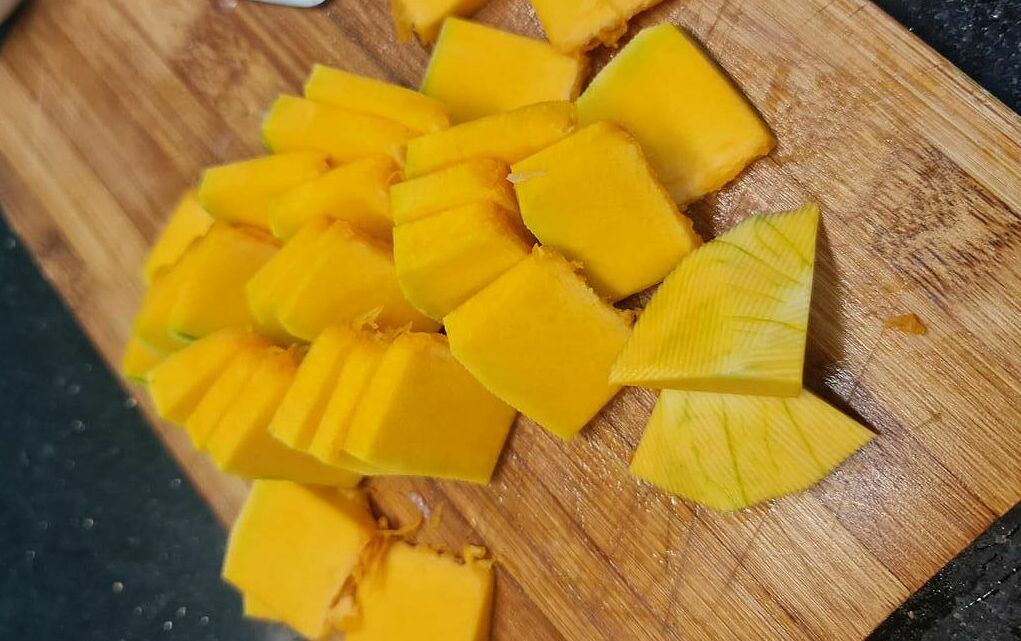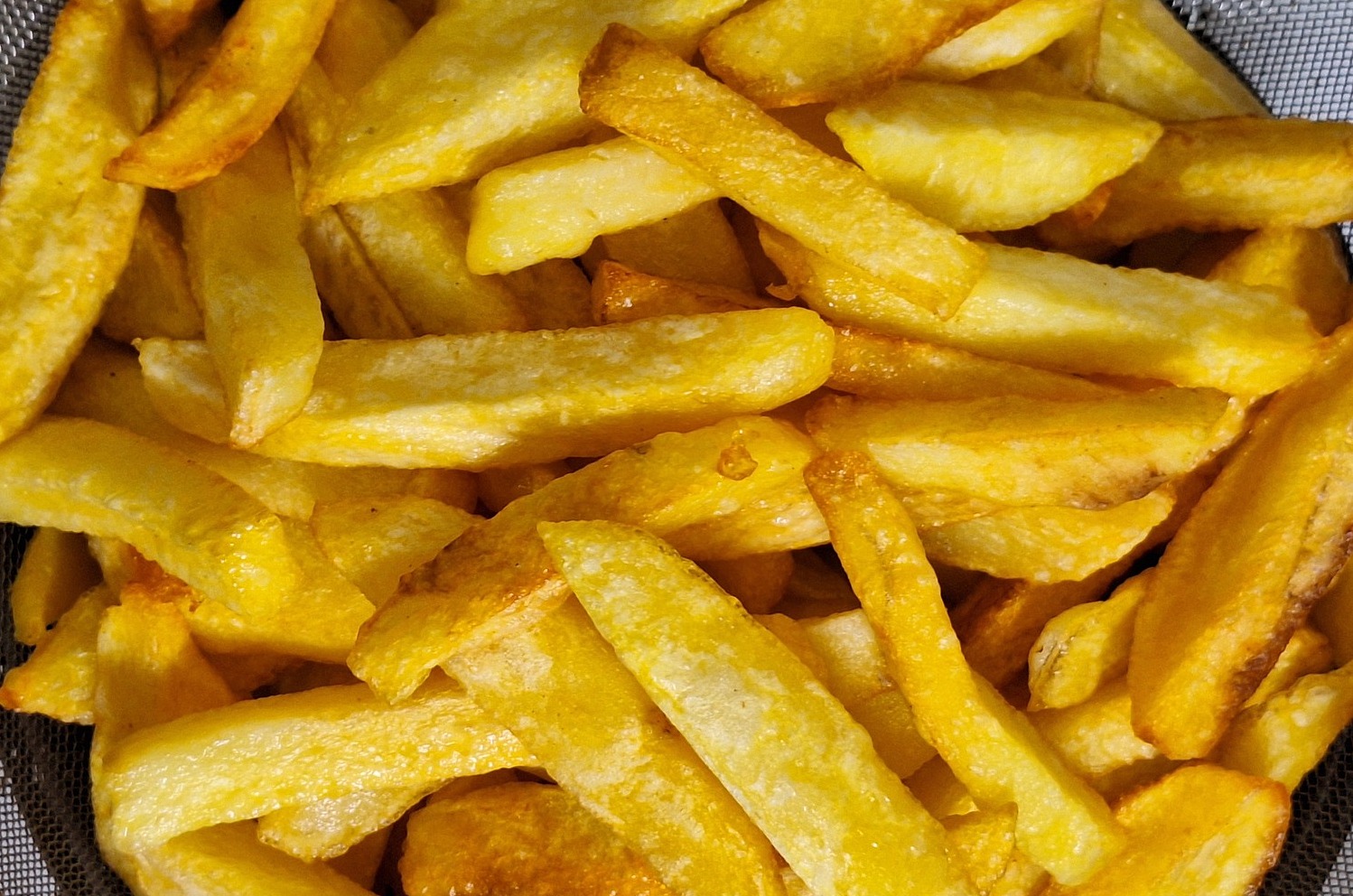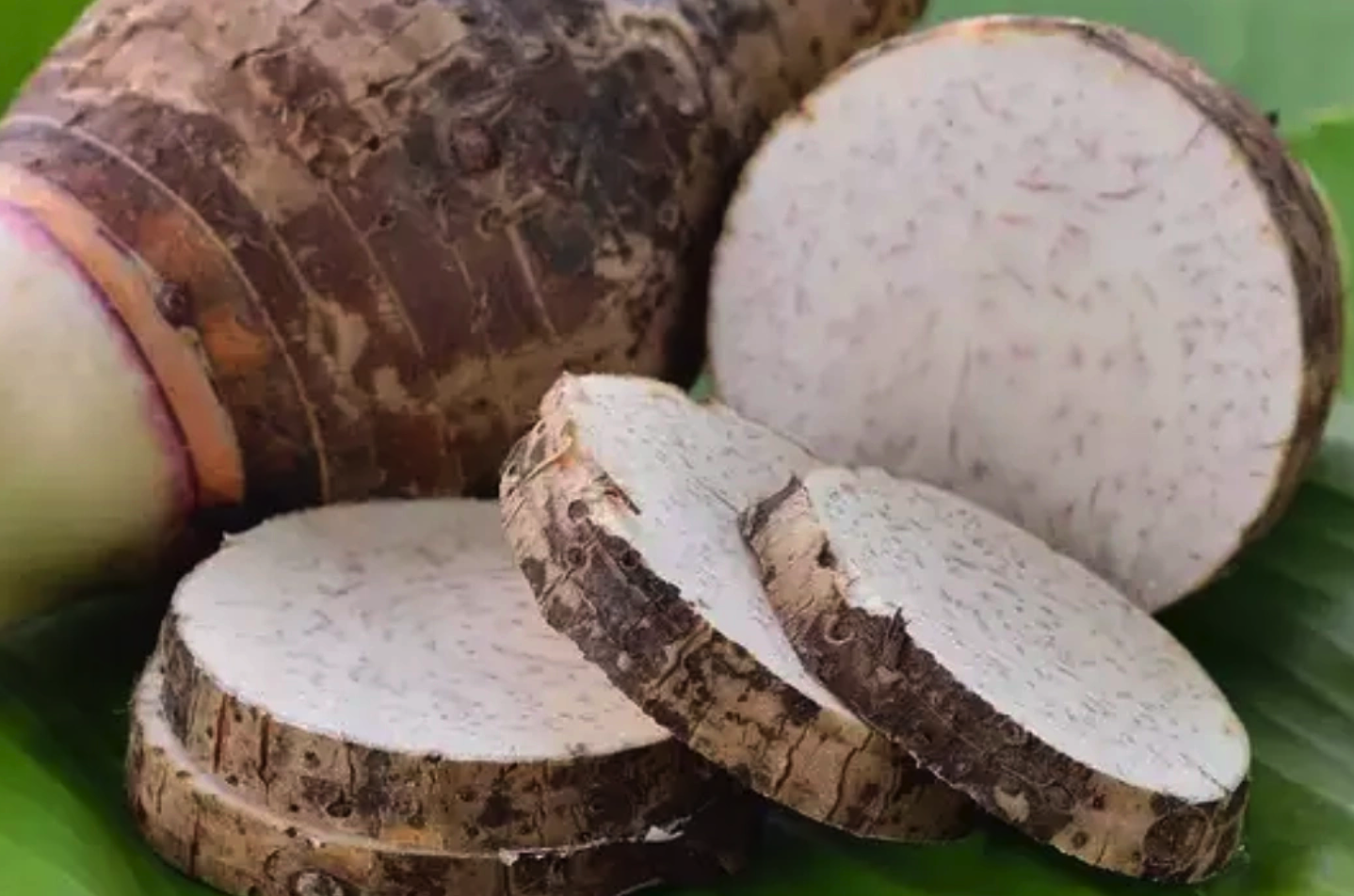 |
Starchy vegetables are those containing over 15g of carbohydrates per 100g serving. While nutritious, this high carbohydrate content can negatively impact blood sugar levels and contribute to weight gain.
Steamed, stewed, or in soups, pumpkin offers high levels of nutrients and fiber. However, individuals with diabetes should limit their intake to no more than 150g per serving. Pumpkin's high carbohydrate content can quickly raise blood sugar. If using pumpkin in desserts or smoothies, reduce added sugar to minimize the impact on blood sugar.
 |
Cassava has approximately 38g of carbohydrates per 100g serving, which can increase blood sugar levels. It also contains cyanhydric acid, a toxin that can cause poisoning if not properly prepared. Those with diabetes should consume cassava in small amounts, preferably steamed or boiled, without added sugar, honey, or coconut milk, as these can cause a sudden spike in blood sugar.
 |
Potatoes contain about 20g of carbohydrates per serving. They are digested quickly, making blood sugar control challenging. Potatoes have a high glycemic index (GI) (above 60), so even baked or boiled potatoes can raise blood sugar.
 |
Taro root has 28g of carbohydrates per 100g serving, leading to rapid increases in blood sugar if eaten in excess. People with diabetes should consume this starchy root boiled as a light snack, keeping portions under 100g for better blood sugar management.
 |
Eddoe has a similar carbohydrate content to taro. The sugar and calorie content of eddoe can increase if fried, sauteed, mashed, or breaded. These preparation methods raise the GI, leading to faster digestion and sugar absorption, which can negatively impact the health of those with diabetes.
Anh Chi (From WebMD, Very Well Health)
Photos: Bui Thuy, Anh Chi












